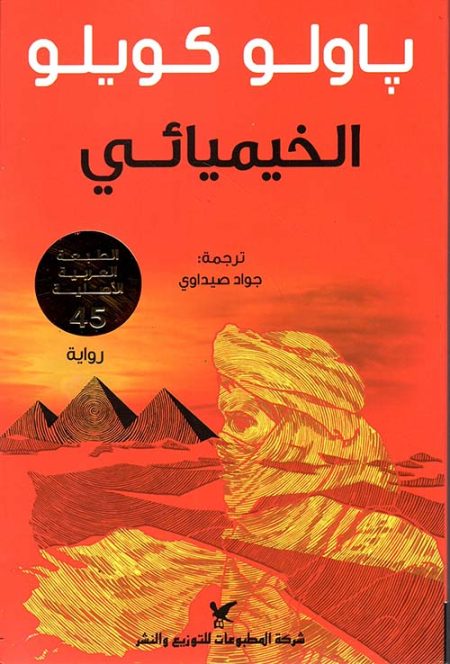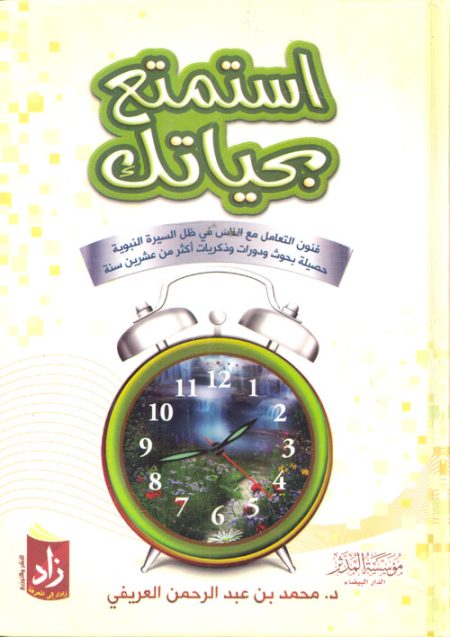Description
Why do we study the history of Andalusia alongside the history of Arab and Islamic civilization? This question may seem, at first glance, strange, but this astonishment disappears when we realize that the history of Andalusia encompasses more than eight hundred full years of Islamic history, specifically from 92 AH (711 AD) to 897 AH (1492 AD), that is, eight hundred and five years. This is if we ignore the repercussions that followed after 897 AH. Therefore, it is a period not entirely representative of Islamic history.
It is strange, then, that Muslims do not know the details of a period that constitutes more than two-thirds of Islamic history. This is one thing… Another thing is that the history of Andalusia, due to its vast size and vast area, witnessed many historical cycles that were completed and then ended. Many nations arose and rose in its glory, while many nations fell and their glory faded. While one nation became a powerful state and began to conquer the lands surrounding it, other nations declined and became among the defeated. In the history of Andalusia, there were brave warriors, just as there were fearful cowards; pious and devout men, just as there were sinners who violated Islamic law; and those who were faithful to themselves, their religion, and their homeland, just as there were traitors to themselves, their religion, and their homeland.












Reviews
There are no reviews yet.